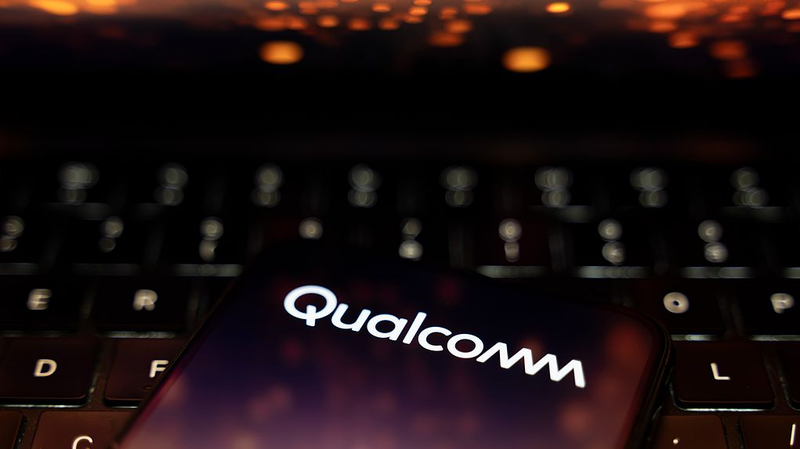
Qualcomm Unveils New AI200 and AI250 Data Center Chips as Shares Soar
Qualcomm’s shares jumped 20% after unveiling AI200 and AI250 chips for data centers, marking a major push beyond smartphones into AI infrastructure.
My Global News: Voices of a New Era
🌍 Stay Ahead, Stay Global 🚀

Qualcomm’s shares jumped 20% after unveiling AI200 and AI250 chips for data centers, marking a major push beyond smartphones into AI infrastructure.

Anthropic is partnering with Google to access up to one million TPUs – over 1 GW of compute – to train its Claude LLM by 2026, reshaping the AI chip race.

OpenAI teams with Broadcom to design custom AI processors delivering 10GW of power – energy to run a city – advancing the generative AI revolution sparked by ChatGPT.
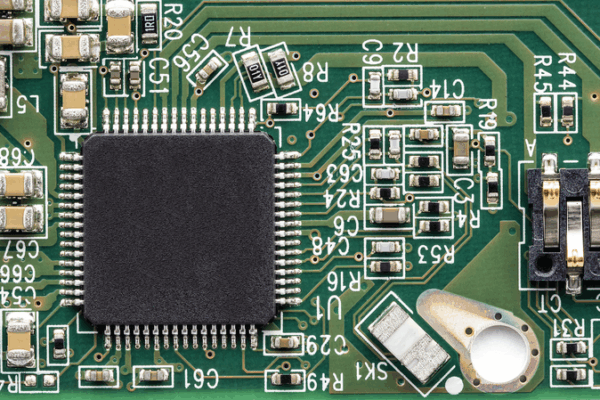
Senator Tom Cotton’s new Chip Security Act would mandate location-tracking on AI chips, sparking debates over export controls, global supply chains and digital security.
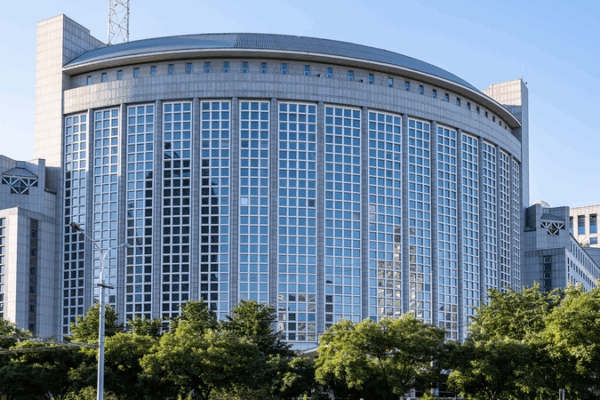
China pushes back as U.S. charges two Chinese nationals over Nvidia AI chip exports, accusing Washington of politicizing and weaponizing tech and trade issues.
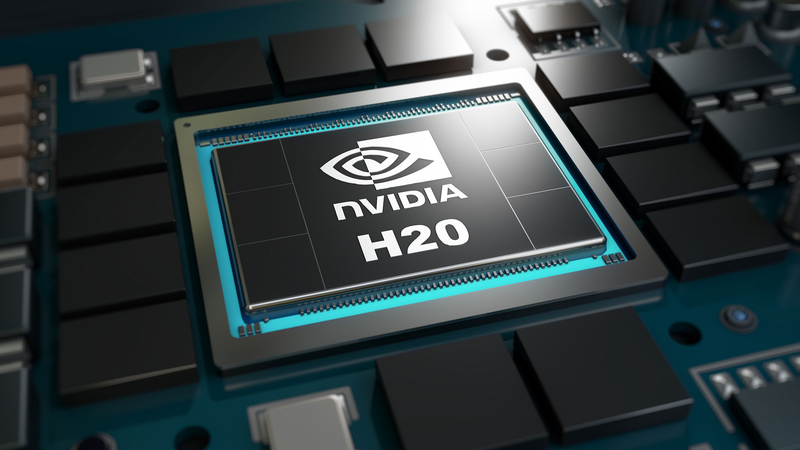
China’s cyberspace watchdog summons Nvidia over security concerns in H20 AI chips, highlighting global debates on chip tracking tech and data sovereignty.
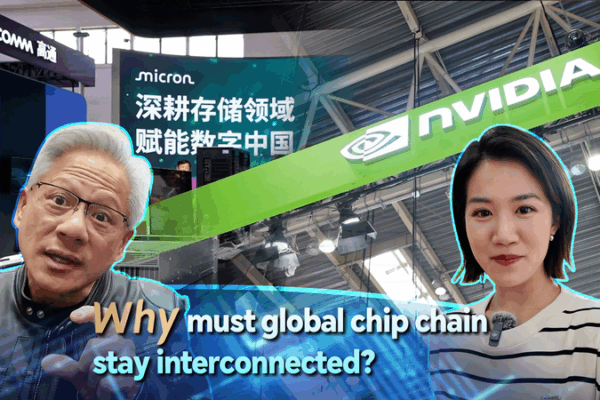
At the Third China International Supply Chain Expo, Nvidia CEO Jensen Huang stressed “a supply chain is connection,” as AI chips return to China, underscoring global collaboration.
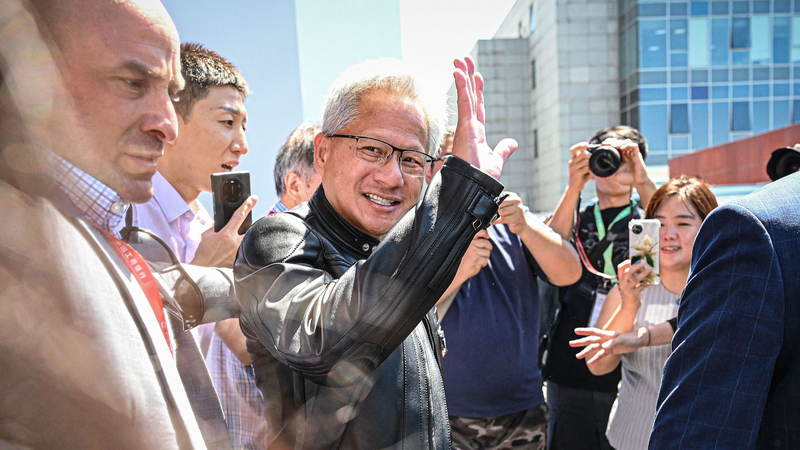
U.S. lifts Nvidia H2O AI chip ban for the Chinese mainland, generating market buzz and mixed media reactions, spotlighting Cold War mindsets versus business interests.
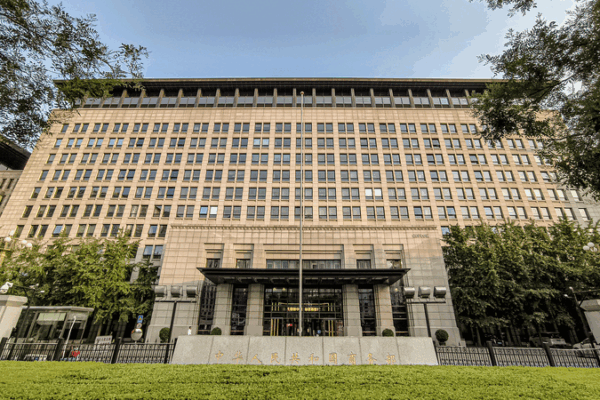
Following the US approval of Nvidia H20 chips, China urges the US to abandon zero-sum thinking and lift more trade curbs, says the Ministry of Commerce.
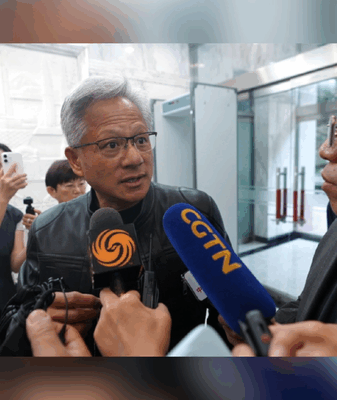
NVIDIA will resume sales of its H20 AI GPU to the Chinese mainland after securing U.S. export licenses, signaling renewed momentum in global AI hardware access.